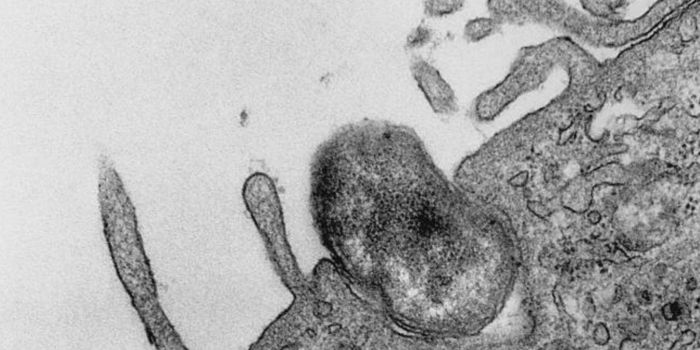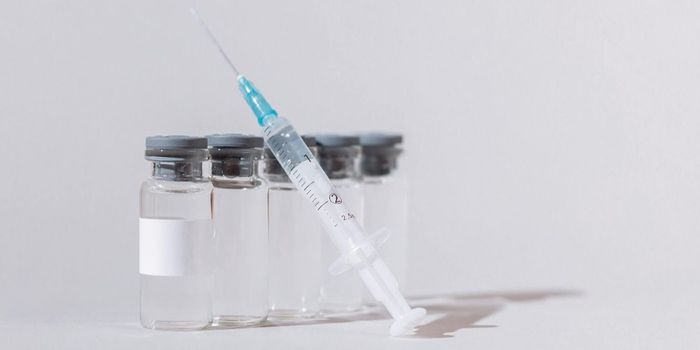Using anthrax to fight cancer?
Surprising research published recently in the International Journal of Cancer says anthrax may act as a potential bladder cancer treatment. Yes, you read correctly, anthrax – as in the bacteria infamously known as a bioterrorism agent that causes lung, skin, and bowel disease and can even be fatal. But researchers from Purdue University in West Lafayette, Indiana think that Bacillus anthracis and its toxin anthrax may also be able to pose as an anti-cancer agent.
Bladder cancer is a particularly tricky cancer to treat because not only are treatments lengthy and invasive (who wants to sit with your bladder full of anti-cancer chemicals for two hours?), but the disease is persistent, often coming back even after eradication. The CDC estimates that 74,000 people are diagnosed with this disease yearly while 17,000 people die every year from it. More effective treatments for bladder cancer are truly needed – but…anthrax? Where did scientists come up with this crazy idea?
The scientists wanted to target epidermal growth factor receptors (EGFR) because we know that bladder cancer cells create more of these than healthy bladder cells. By targeting them, the hope is to expose cancer cells to cancer-killing agents while sparing healthy cells. This has been tried before in previous studies, but unsuccessfully, as the anti-cancer compounds were not able to reach the cancer cells.
So, the researchers of this team tried a technique twist to the old idea: they combined epidermal growth factor with anthrax toxin, making it possible for EGFRs to enter cells independently. As the authors describe, it can "induce its own internalization."
This technique was successful and resulted in "efficiently targeted and eliminated human, mouse, and canine bladder tumor cells," within a much faster time period (minutes in comparison to hours). "We have effectively come up with a promising method to kill the cancer cells without harming the normal cells in the bladder," said author R. Claudio Aguilar.
Of course, the technique begs the question: is it safe? The answer is yes. Because the treatment requires such minuscule quantities of the toxin, the researchers say it would be safe even if it were to somehow leak into the patient’s bloodstream.
They have hopes that future trials with the technique will continue to produce positive results as an anti-bladder cancer treatment, and in the future could even be used to treat lung and skin cancers.
Sources: Medical News Today, International Journal of Cancer









